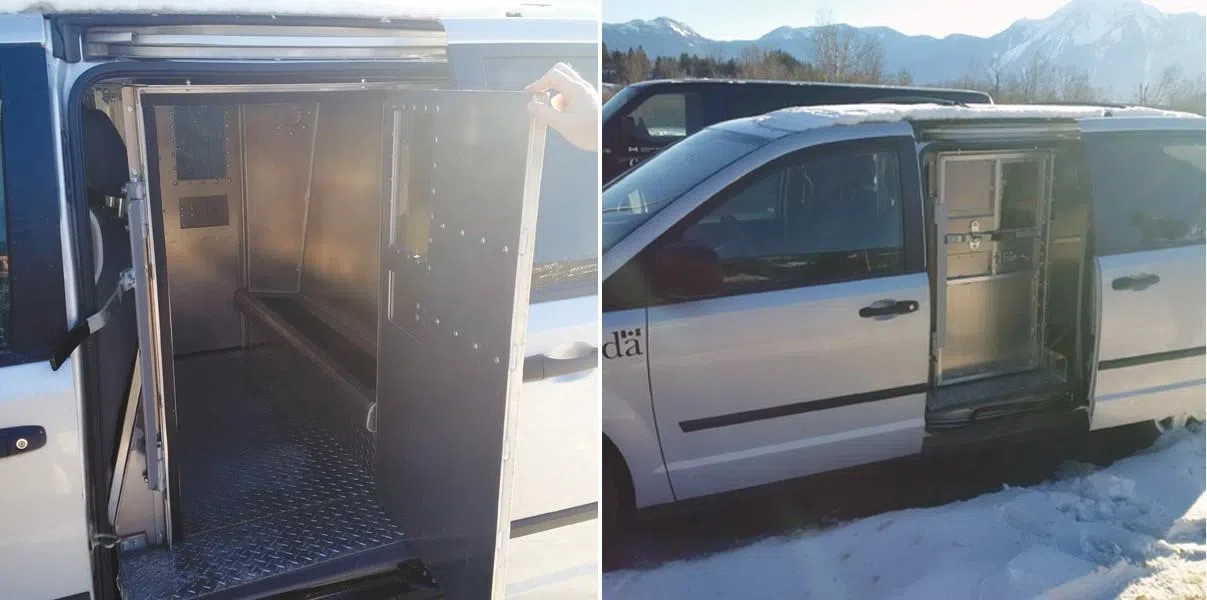
Ailing inmate sues federal government over ‘sardine-can-style’ van trip
OTTAWA — A federal inmate who says he was shackled in a cramped transport van for almost eight hours — despite a heart condition and other ailments — is suing the government for compensation.
The lawsuit comes after a federal ombudsman called the prison service’s escort vans inhumane and unsafe, and recommended they be replaced.
Edwin Nott, a 65-year-old inmate who identifies as Metis and uses a walker, is serving a six-year sentence at the medium-security Bath Institution in eastern Ontario.
According to Nott’s claim filed in the Federal Court of Canada, he was handcuffed and bundled — along with his walker — into a “sardine-can style” compartment of a van to take him to an appeal court appearance in nearby Kingston, Ont., on Feb. 7, 2018.


